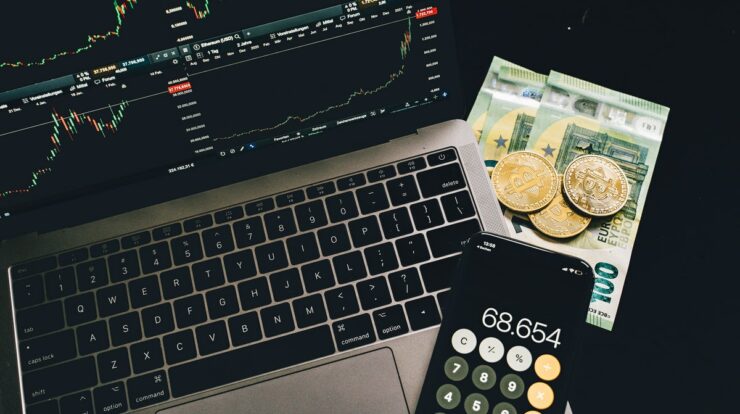
Thinking about buying or investing in Bitcoin? If so, here are the possibilities and pitfalls of Bitcoin to know before starting.
Bitcoin is perhaps, the world’s most popular digital currency today. This virtual money uses a distributed public ledger, the blockchain, and encryption techniques. Using powerful computers, people generate the initial digital coins via the Bitcoin mining process, which entails solving complex mathematics problems with sophisticated computers.
The Bitcoin network rewards the miners with new tokens for digitally auditing transactions or minting new digital coins. Ideally, Bitcoin miners verify transactions’ legitimacy to prevent double-spending. However, competition in the Bitcoin network has rendered its mining less profitable. Thus, most people use platforms like bitcoin trader to buy Bitcoins with fiat money.
Today, many people own Bitcoins which they hold in their digital wallets. However, some individuals remain skeptical about this virtual currency. That’s why understanding the possibilities and vulnerabilities is vital before buying or investing in Bitcoin.
The Possibilities of Bitcoin
Bitcoin is a new form of currency for some people despite being around for over a decade. At the same time, the internet is awash with misinformation about this digital currency. Here are the possibilities of this digital money.
- High returns: Bitcoin and other digital tokens are highly volatile. Their prices or values can change dramatically within a short period. Therefore, some people take advantage of this volatility to buy low and sell high. Thus, you can gain high returns from purchasing Bitcoin at a low price and selling it once the value increases.
- Bitcoin’s independence: Being a decentralized digital currency means no single central bank or government can regulate Bitcoin. Thus, no authority can demand or freeze your digital coins. What’s more, implementing taxation on Bitcoin transactions is difficult for most government authorities. Theoretically, Bitcoin gives its users control and autonomy over their finances since there’s no link to it and government policies.
- Transparency and anonymity: Numerical codes identify Bitcoin users. Also, a Bitcoin user can have several public keys. Therefore, nobody can track their real-world identity though anybody in the Bitcoin network can trace a transaction to a digital wallet address. What’s more, the permanently viewable transactions give Bitcoin transparency. Also, blockchain technology and cryptography protect Bitcoins from fraud.
Bitcoin is borderless, meaning people can access and transfer this money within and without their countries. What’s more, people can use Bitcoin to pay for services and products anywhere, anytime.
The Pitfalls of Bitcoin
Despite the increasing number of Bitcoin users and its rapid growth, this cryptocurrency has some pitfalls. Here are some of them.
- Volatility: Bitcoin’s protocol limits its supply to 21 million coins. Thus, Bitcoin is a scarce currency, making it a valuable digital asset. But this scarcity also makes Bitcoin volatile because the price is the primary variable determining its demand. Also, headline-making news, security breaches, and other factors influence its volatility.
- Limited use: Although the number of merchants taking Bitcoin payments is increasing, Bitcoin hasn’t reached the same acceptance level as fiat money. Thus, people have limited outlets where they can spend their Bitcoins.
- Irreversible transactions: People can’t reverse Bitcoin transactions, meaning you could lose the funds you mistakenly send to the wrong digital wallet’s address. Also, you could lose your Bitcoins if you forget your wallet’s private key.
Bitcoin has opportunities and pitfalls. Therefore, anybody interested in this virtual currency should research it extensively before buying or investing in it. Ideally, investors should learn about Bitcoin, how it functions, its pros and cons before starting. Also, they should decide on the amount to invest in Bitcoin wisely. That’s because Bitcoin is in its infancy, meaning its future isn’t clear yet. Nevertheless, Bitcoin’s worldwide acceptance and adoption are increasing as time goes by.

